We recently asked medical professionals of the BuzzFeed Community to tell us the "small" habits people overlook that can actually improve their health. Here are the eye-opening results:
1. "I'm an oncology nurse and have experience as a dermatology nurse. Wear sunblock!!! I always thought that since I'm brown, I didn't need to wear any, but the effects of sun damage can be both subtle and highly consequential. Skin cancers are sneaky and don't always appear in the area that was exposed."
"Don't let your abnormal skin changes go undiagnosed; see a dermatologist!"

2. "Wearing hearing protection! I'm in audiology and see people with noise-induced hearing loss every day. It's preventable, easy to implement through good habits, and depending on what you use for hearing protection, it's incredibly inexpensive; I give away free earplugs at my clinic!"
"Taking care of your ears and hearing now is a lot easier than dealing with hearing loss and expensive hearing aids later."
3. "Increase your protein intake. Most people think their metabolism is slowing down as they age, but in reality, you lose about 1% of muscle mass per year when you start approaching age 40. Many of us lead a protein-deficient diet. Increasing protein, along with weight-bearing exercises, can help increase your muscle mass — which helps regulate blood sugars, burn calories, along with many other health benefits."
"The goal is 20 grams of protein equally divided four times per day. Your body can only process so much at once, so it needs to be divided throughout the day. Also, talk with your doctor about this if you have kidney issues."
—31, Wisconsin
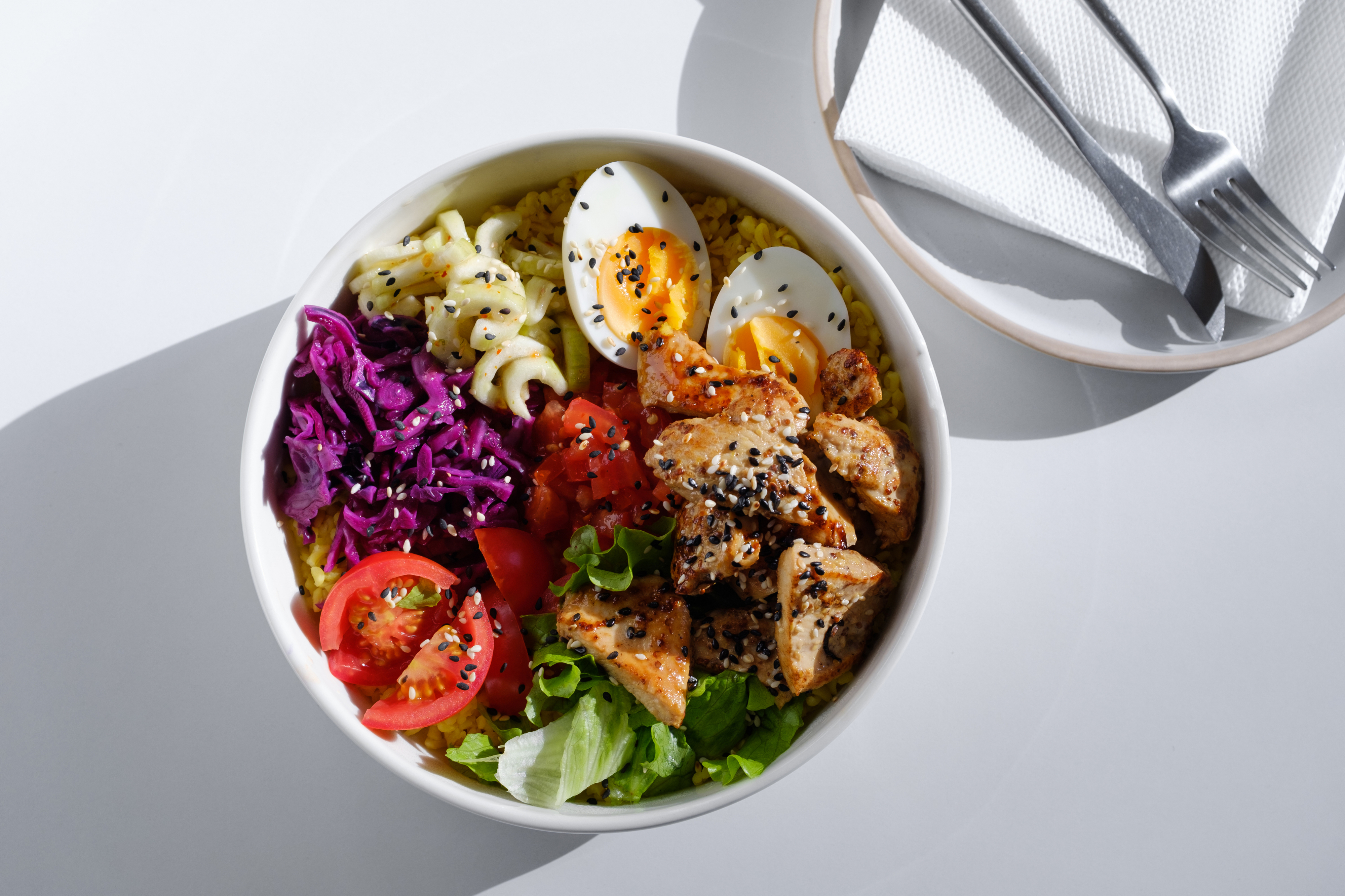
4. "Nurse here: If you have pain or an issue that isn't going away in a reasonable amount of time, please talk to your doctor or nurse practitioner. I have heard way too many stories from people who sat on issues that they 'hoped would get better on it's own,' or they 'didn't want to be a bother,' and that issue became so much worse (e.g., cancer, heart failure exacerbation, etc.)."
"You will feel so much better and have a fighting chance if you get checked out sooner rather than later (e.g., it's easier to treat Stage 1 cancer than later stages of cancer). And, even if it's nothing — you know it's nothing and can get tips/strategies to manage the issue or get pain relief."
5. "I'm a physician assistant in primary care/internal medicine. Please, just get more physical exercise. You don't need to join a gym. Walk, dance in your living room, or do anything to stay active. Your body, joints, and waistline will thank you."
—40, California
"Move your body every day. Even small movements can help you age in place, maintain mobility, decrease your risk of chronic disease, and reduce mortality. I recommend movements as light as stretching to patients of all ages and abilities."
—35, Colorado
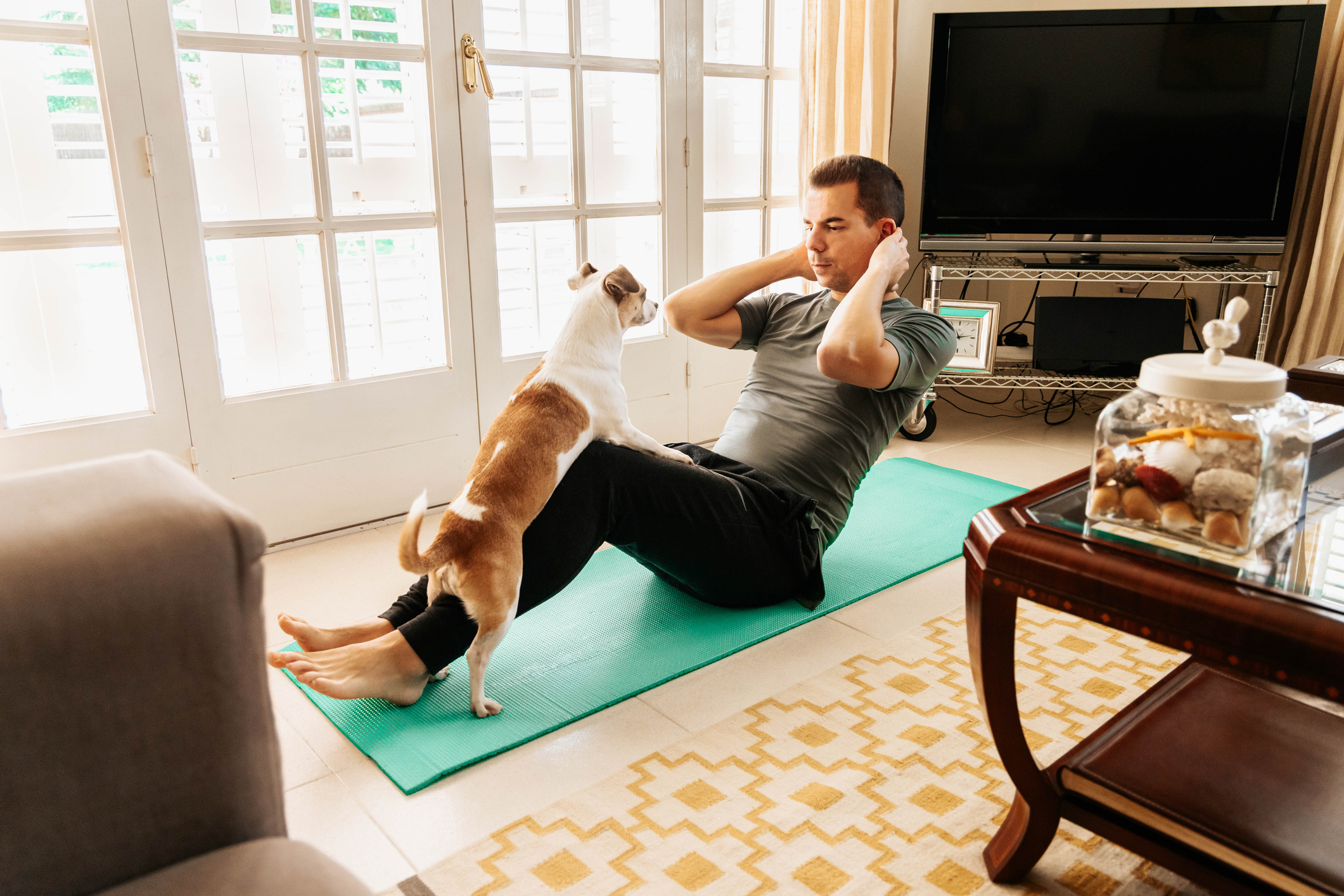
6. "Physical therapist assistant here. STRETCH! Just a little bit of stretching can do wonders. So much of our lives are spent in one position (usually seated) that everything locks up, and it builds over time. Just a few minutes of stretching can prevent back, hip, shoulder, and neck pain. It's also harder to tear or injure yourself if you're more flexible, and it's easier to strengthen anything if you have more motion."
"And the thing is, the later you start, the harder it is and the more time you have to dedicate to it to regain flexibility, so you might as well start now. So stretch!"
—33, Texas
7. "Get vitamin D. Vitamin D is best obtained through direct sunlight but can also be supplemented with oral capsules. Regular sunlight boosts mood and reduces inflammation in the day to day. Further down the road, vitamin D facilitates calcium absorption to prevent osteoporosis."
—28, New York

8. "Decrease or stop smoking. Smoking puts your body at so much more risk for other stuff. Chances are, if you have COPD (chronic obstructive pulmonary disease), you will have other chronic health conditions: diabetes, cardiovascular disease, chronic respiratory issues, etc. Even when patients say they haven't smoked in years, the damage is already on the body."
—26, Ohio
"Stop smoking. I'm a bedside hospital nurse, and 80% of my long-term, seriously ill patients have a smoking history. I theorize that if all those smokers didn't exist, the hospital would struggle to fill the beds because there would be much fewer truly sick people to admit."
—38, Ohio
9. "Optometrist here. Two easy things everyone can do to prevent screen-related eye issues: The first is the 20-20-20 rule; for every 20 minutes of near work, take a 20-second break to look 20 feet (six meters) or more away. We all have muscles in our eyes that shift our vision from distance to near and back again. The closer we look, the harder those muscles have to work, making prolonged near work can be very tiring for the eyes. Taking a short break every so often allows your eyes to 'put the weight down' and stretch from time to time."
"The second habit is to place a warm compress over closed eyes for 5–10 minutes daily to prevent and/or treat dry eye by stimulating the oil glands in the eyelids called meibomian glands. There are microwaveable eye masks made just for this purpose; I highly recommend getting one and using it daily!"
—33, Pennsylvania

10. "Drink water throughout the day. Please drink more water! Your body will thank you"
—Anonymous, New York
"Staying well hydrated helps wonders in so many ways: staying 'regular,' giving some relief from sore throat due to a cold and/or allergies, helps keep your joints lubricated (a little less creaky joints)."
11. "Diaphragmatic (belly) breathing, with inhales and exhales. When belly breathing happens, it uses the diaphragm muscle (located in the upper abdomen). When that muscle expands (on the inhale), it touches up against our vagus nerve. Our vagus nerve sends a signal to our parasympathetic nervous system (rest, relax) to kick on, and then relaxation ensues."
"For those who can take deep breaths, it's a great tool to bring on relaxation, calm the nervous system, and allow the rest of the organs to get back to work instead of being stressed out."
—42, NYC
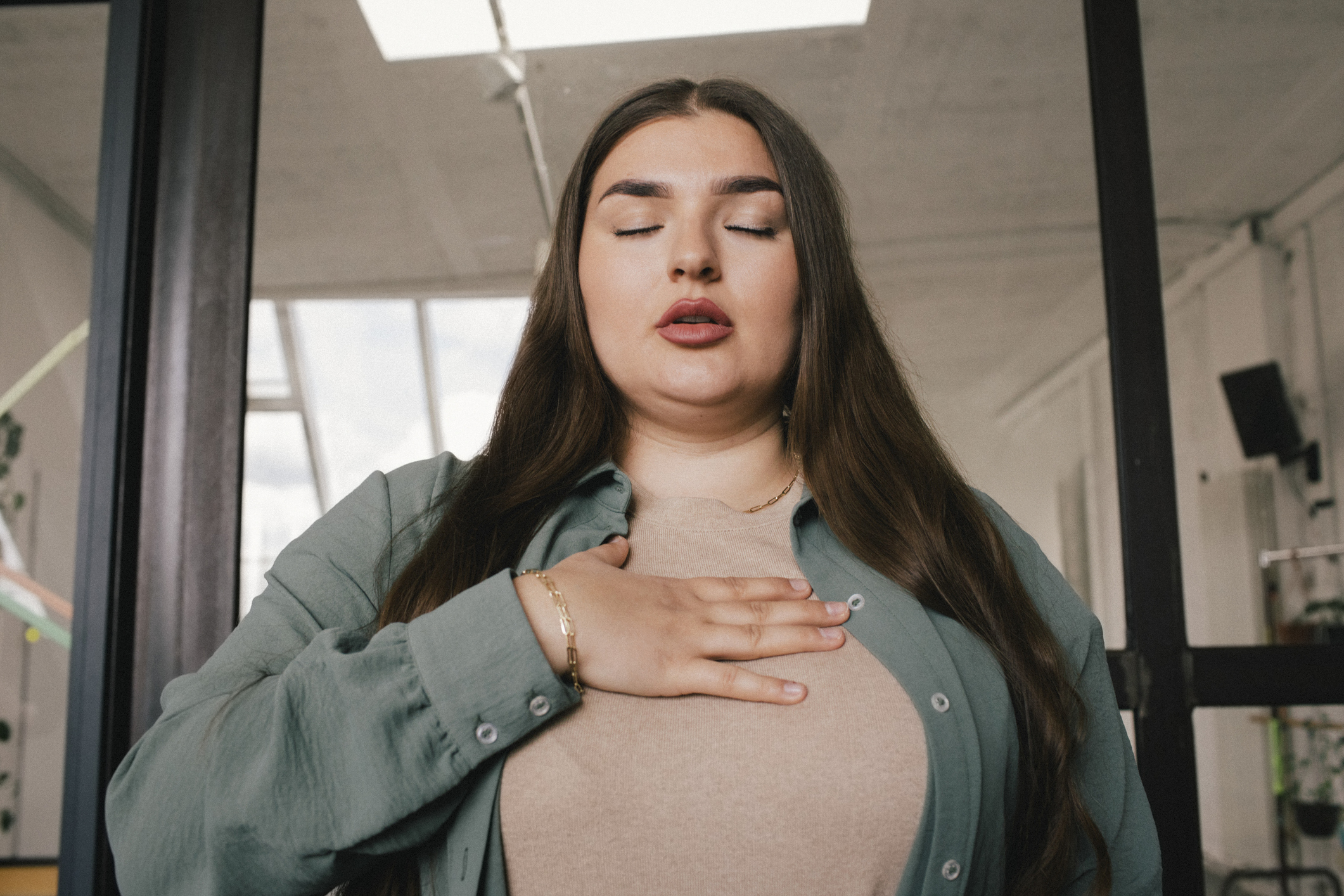
12. "I'm a neurology resident and see a lot of patients with strokes. My biggest tip is if you have a condition like atrial fibrillation (an abnormal heart rhythm) and are on a blood thinner that you've been instructed to take daily, make sure you find a way to take it EVERY day. Not just most days or 95% of days. It might only take one or two missed doses to cause a clot, leading to a deviating stroke. We always see this, and it's so sad and preventable."
"As an aside, if a family member suddenly develops trouble talking or walking, is suddenly confused, or develops weakness or numbness on one side of the body, bring them to an ER ASAP for stroke evaluation."
—30, Pennsylvania
13. "Brush your teeth with fluoride-containing toothpaste twice a day; floss daily. It's good for your teeth and gums and improves heart and lung health! Seriously, you decrease your risk of pneumonia and heart attack."
—40, New York
"I've been an ICU nurse for seven years. Please brush your teeth regularly. There is a definite correlation between oral health and overall health state. Patients with poor dental hygiene, more often than not, have heart and lung issues. Hell, the sheer amount of infective endocarditis (heart infection) that doctors traced to a bad tooth boggles my mind. .,, It always surprises me when we have patients in my ICU, and they don't brush their teeth or even think to ask me for a toothbrush. The patient who doesn't think to brush their teeth in the morning is sicker than the one who does scrub off the morning breath. I'd say about 80% of my patients don't think to brush their teeth at all during the day. Brush your teeth, and go to the dentist."
—42, Alabama

14. "Floss, floss, floss...You only have to floss the ones you want to keep!"
—Anonymous, Ohio
15. "I work as an NP in wound care, where we emphasize limb salvage. If you are diabetic or have a loss of sensation in your feet, check your feet daily and wear light-colored socks (this shows if something is bleeding). If you see open sores, cracks, or calluses with blood under them, go and get it taken care of as early as possible."
"I see far too often people overlook something on their feet because they can't feel it and end up losing toes or even their foot because they came in too late."
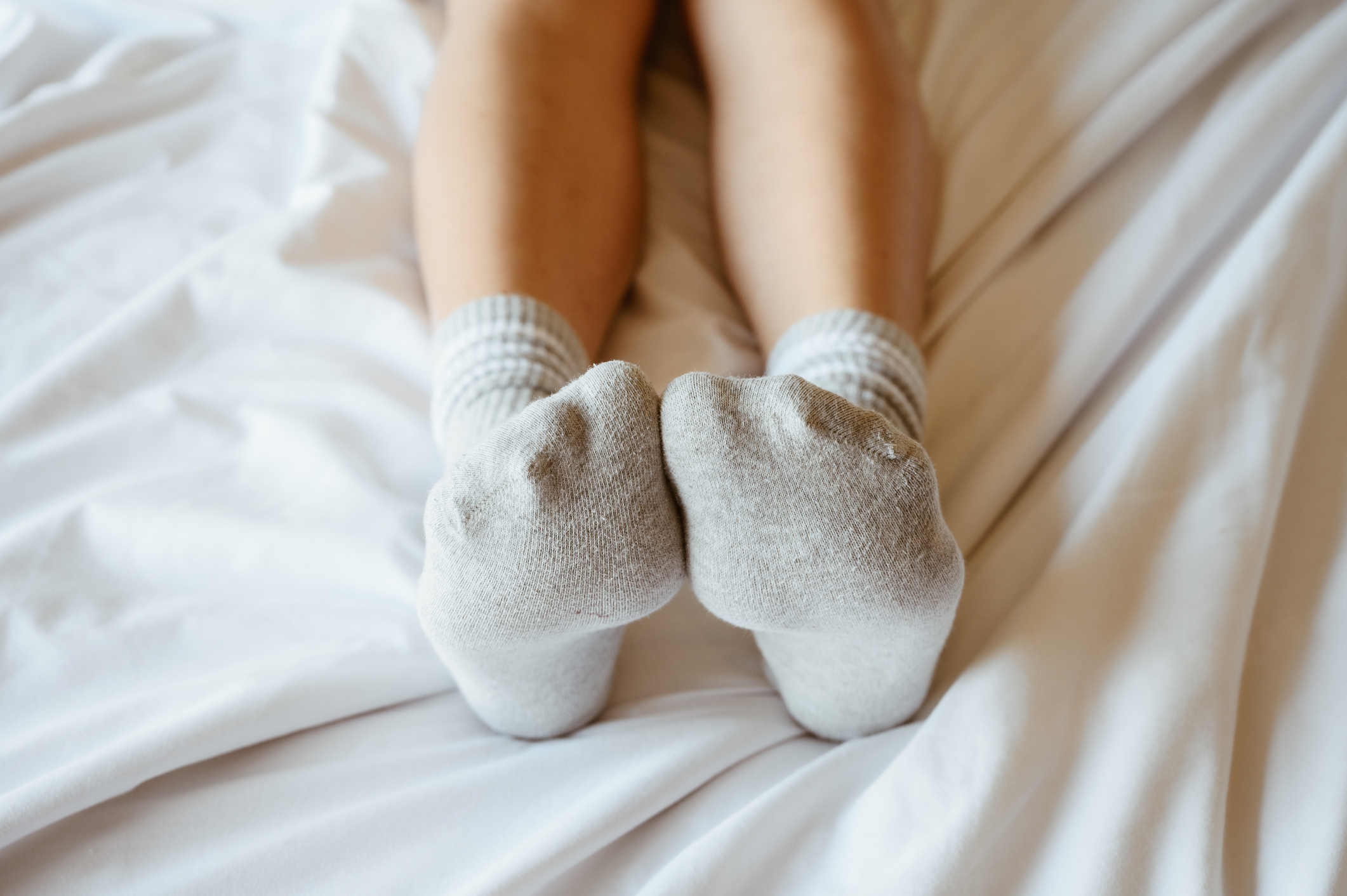
16. "So much of our mental health is also tied to our physical health. It really sucks, but sometimes getting out of the house, feeding yourself regular meals, and allowing yourself to rest when you're tired do wonders. Self-care isn't just bubble baths and face masks. Self-care is ensuring your space is clean and safe and that your body is fueled to do what you need to get done that day."
"Sleep, food, and exercise are often the first things to get axed when we're stressed and busy. But these things are important, too."
17. "A colonoscopy can save your life, but you must finish all your colon prep! I'm a surgical technologist and assist in many colonoscopy procedures each week. During the colonoscopy, the doctor searches your colon for any abnormalities that may present themselves, such as a polyp."
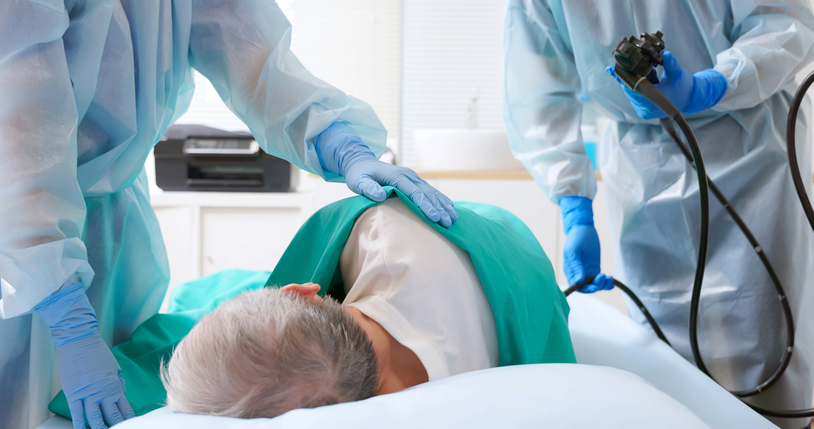
18. "A brisk 15–30-minute walk helps your heart, mind and mood. Truly can make a difference!"
—47, California
19. "Med student here. We're trained to look for the upstream determinants of health. If your back hurts, it would be a disservice to just look at your back. I'm going to consider how old your mattress is, what kind of shoes you're wearing, whether there are any new stressors in your life, how's your core strength, etc. Our bodies will compensate for what we do to it (if my TV hung on the left wall, my neck is going to prefer turning to the left, and I may even find that my neck aches when I turn in the opposite direction after a while)."
"We're complex beings, and health ailments are often the result of many different things in our lives coming together (environment and genetics). If you aren't treating the upstream determinants that may be contributing to your aches and pains, it will be brutal trying to get past them. The next time you feel an ache or pain, consider: What things might be coming together to create this perfect storm?"
—27, California
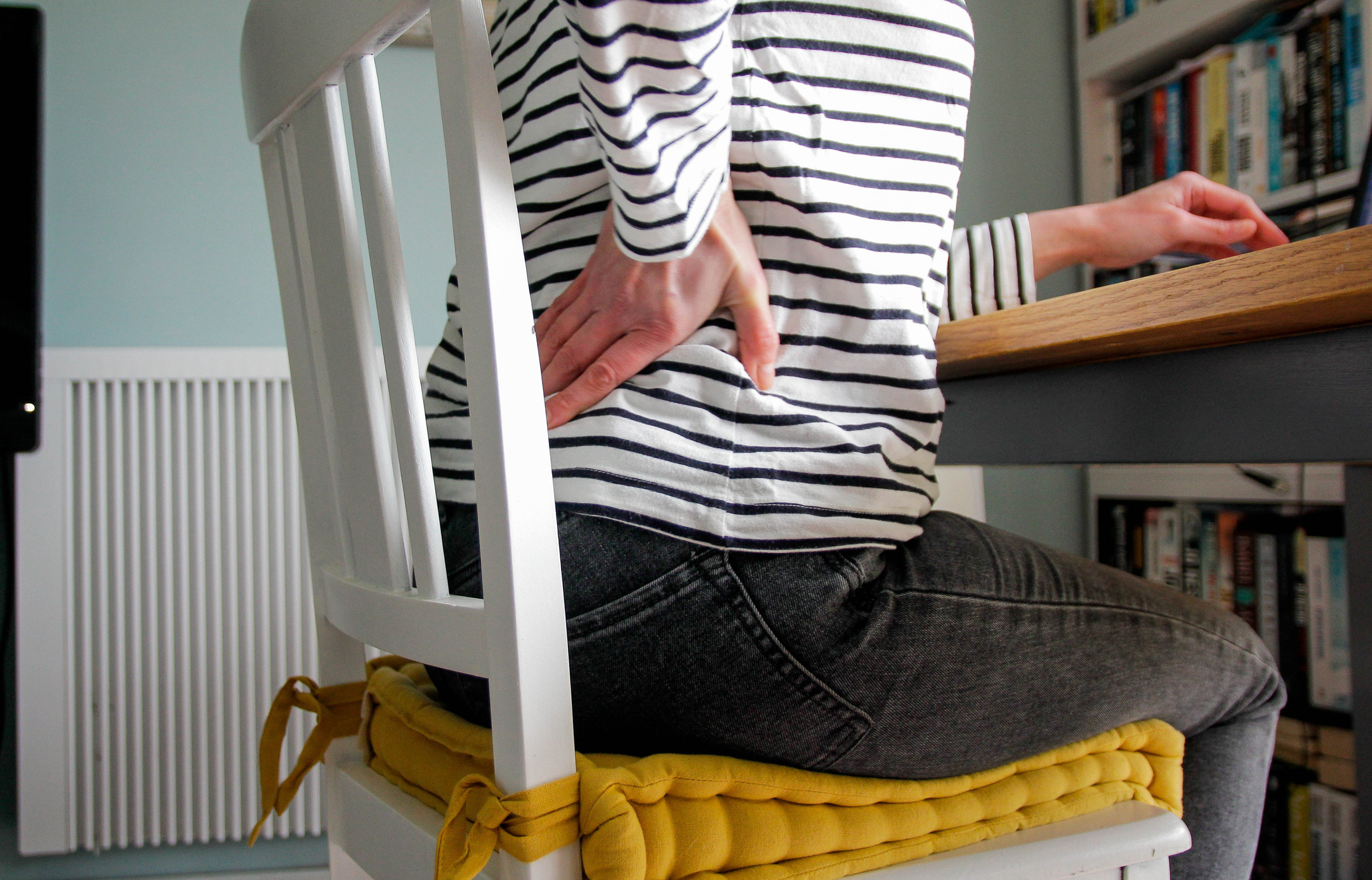
20. "Colorectal surgeon here. Try fiber supplementation (psyllium, store brand, nothing fancy) to optimize stool consistency. Most of the time, it's not hemorrhoids; your itchy anus is because your anus is not meant to hold liquid stool so you can get leakage, and stool is very irritating to the perianal skin. And please, for the love of god, stop aggressively cleansing the area or using Preparation H. I don’t know a single colorectal surgeon who recommends Preparation H."
"Use zinc oxide (Desitin or butt paste) to protect the skin and prevent itching. Also, internal hemorrhoids are a normal part of anorectal anatomy. They are only problematic when they bleed or prolapse."
—43, USA
And finally...
21. "I'm in orthopedics. Take care of your body when you’re young. So many patients come in saying they’ve had multiple knee/shoulder surgeries due to injuries from their teens or 20s. The majority of them now have arthritis or need knee/shoulder replacements in their 40s and 50s."
—32, Hawaii
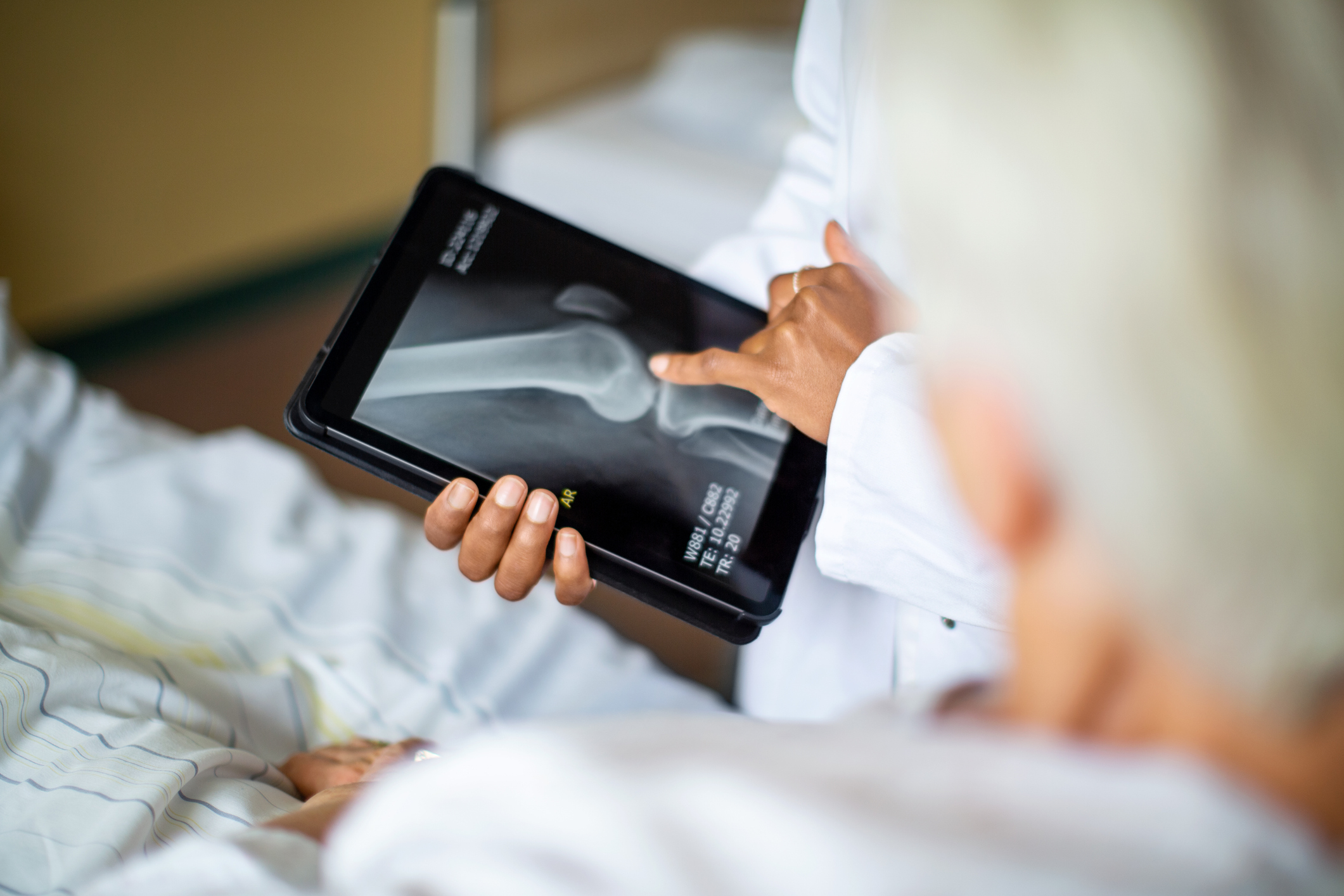
Medical professionals, what are some other "small" habits people overlook that can improve their health? Or, if you prefer to remain anonymous, feel free to use this Google form.
Note: Some responses have been edited for length and/or clarity.
